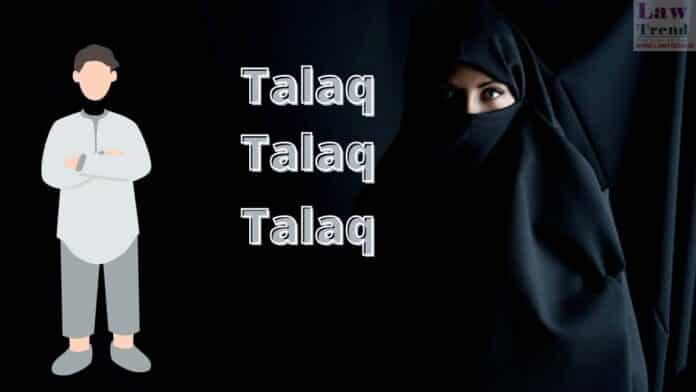The Indian government has ardently defended the 2019 law criminalizing triple talaq in the Supreme Court, asserting that the legislation serves to correct the longstanding issue of “institutionalized abandonment” of Muslim wives. In response to challenges against the law, the Centre emphasized that the Supreme Court’s 2017 decision to invalidate the practice did not adequately deter its occurrence, necessitating legislative intervention.
The Union of India’s affidavit detailed the persistence of triple talaq, or talaq-e-biddat, even after it was declared unconstitutional, noting ongoing reports of such divorces across the nation. The affidavit argued that the impugned Act is crucial for ensuring gender justice and equality, upholding the constitutional rights of non-discrimination and empowerment for married Muslim women.
Legal proceedings saw the government highlight the Supreme Court’s role in interpreting laws based on their constitutionality rather than their policy wisdom. The Centre maintained that legislative measures are best left to the discretion of Parliament, which is equipped to decide what is beneficial for the populace within the bounds of its authority.
Furthermore, the affidavit referenced the landmark Shayara Bano case, which found triple talaq to be “manifestly arbitrary.” This precedent, the government contends, supports the 2019 law’s validity, as it aligns with judicial findings and aims to enforce them through appropriate legislation.
Also Read
The Muslim Women (Protection of Rights on Marriage) Act, 2019, which was examined for its constitutionality by the Supreme Court following its enactment, could lead to a three-year prison term for violations. This has spurred debate, particularly among Muslim organizations like Jamiat Ulama-I-Hind and Samastha Kerala Jamiathul Ulema, which argue that the law unfairly targets a specific religious practice and should be deemed unconstitutional for potentially causing discrimination.




